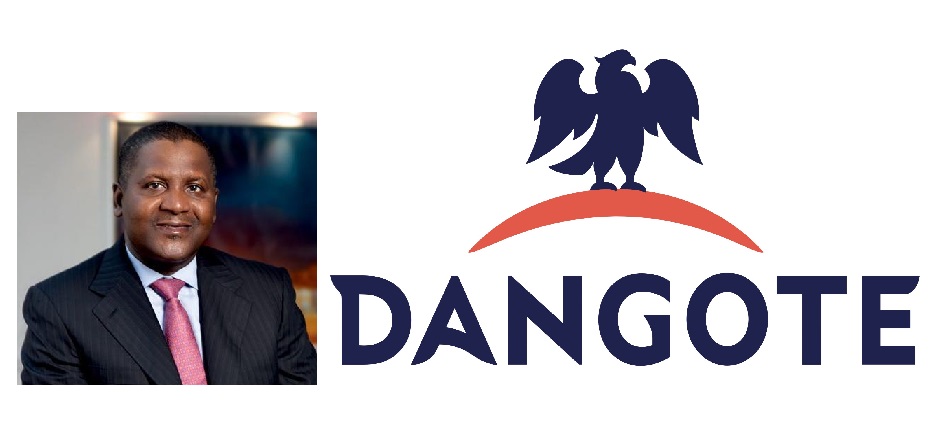The rising cost of living in Nigeria has become a major crisis, with inflation soaring and essential goods and services becoming increasingly unaffordable. From skyrocketing food prices to higher electricity and telecom tariffs, Nigerians are facing immense financial strain. Despite these challenges, the government continues to approve policies that further burden the population, leaving many struggling to survive.
Inflation and Economic Hardship Worsen
The economic challenges in Nigeria are hitting citizens hard, with food, transportation, healthcare, and housing costs reaching record highs. Many families that could once afford basic groceries are now forced to cut back, relying on cheaper, less nutritious options. Some households have resorted to skipping meals to stretch their dwindling resources.
At the heart of the crisis is inflation, which continues to spiral out of control. The naira’s depreciation has further weakened purchasing power, making imported goods even more expensive. As the cost of living surges, the gap between the rich and the poor widens, pushing more Nigerians into poverty.
Government Policies Adding to the Burden
Rather than offering relief, the government has implemented higher tariffs on electricity, telecom services, and toll roads, adding to the financial struggles of everyday Nigerians. These policy decisions come at a time when:
Public transportation is unreliable, forcing many to rely on costly private options.
Roads are in poor condition, causing long delays and extra fuel expenses.
Businesses struggle with high operating costs, leading to job losses.
Many question the government’s priorities, as these policies seem to prioritize revenue generation over the welfare of citizens.
What Needs to Change?
To address this crisis, the Nigerian government must focus on long-term solutions rather than short-term revenue fixes. Key actions should include:
✅ Boosting Local Production – Reducing reliance on imports will help stabilize prices and strengthen the economy.
✅ Investing in Agriculture & Infrastructure – Enhancing food production and improving road networks will lower costs.
✅ Job Creation & Economic Growth – Supporting businesses and creating employment opportunities will increase incomes.
✅ Strengthening the Naira – Implementing policies to stabilize the currency will reduce inflationary pressure.
✅ Transparency & Accountability – Cutting wasteful government spending ensures resources benefit the people.
Final Thoughts
The rising cost of living in Nigeria is not just an inconvenience—it’s a survival crisis. If the government fails to act decisively, millions will continue to suffer under the weight of economic hardship. It’s time for leaders to listen to the people, prioritize their needs, and implement policies that truly improve lives.
















Got a Questions?
Find us on Socials or Contact us and we’ll get back to you as soon as possible.